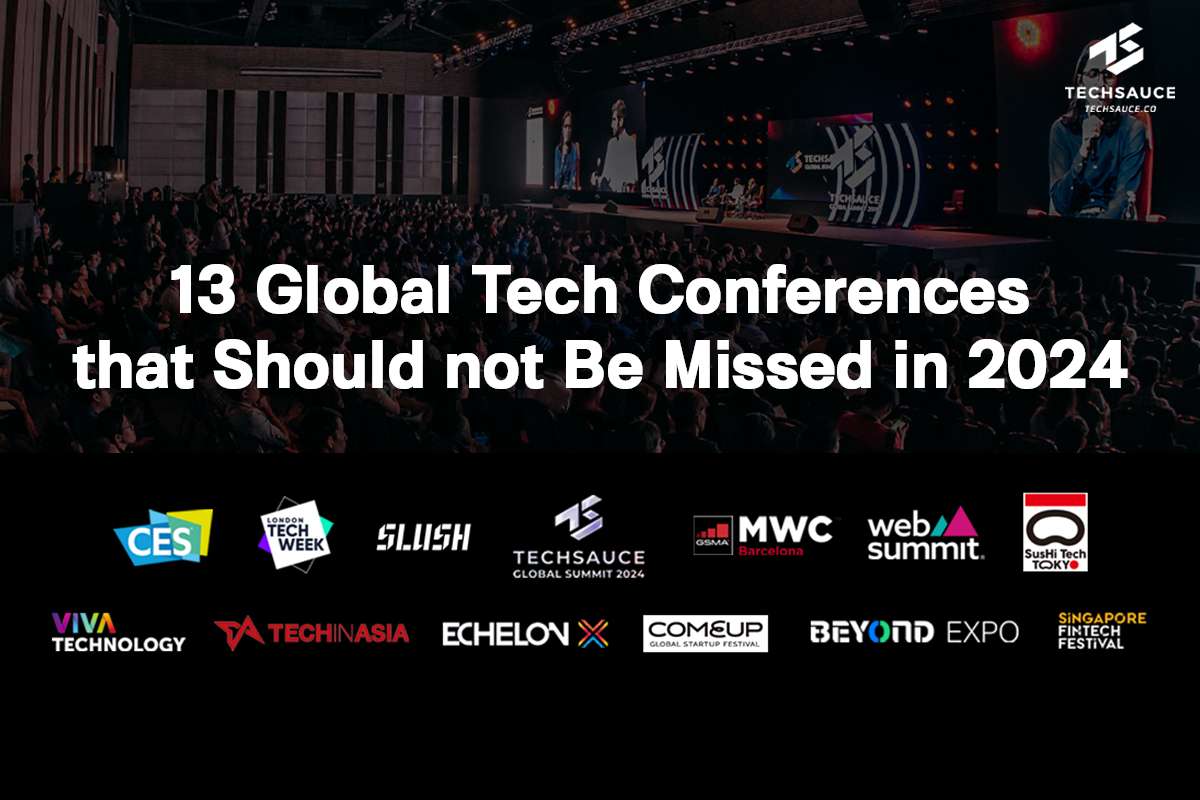How AI and Impact Technologies are Reinventing MarTech
Although Marketing Tech (MarTech), a sector at the intersection of marketing and technology, may not have garnered as much attention compared to other tech industries, it has grown substantially. Valued at $413.6 billion in 2023, the MarTech industry is anticipated to reach $2.13 trillion by 2032.
This industry is designed to help businesses reach their marketing objectives using tech-driven solutions. AI in particular, has become a hot topic that is significantly transforming MarTech, driving efficiency, personalization, and automation to new heights in marketing strategies.
Image Source: Freepik
AI’s role in marketing
The resurgence of AI is impacting the tech-enabled sector, introducing a new era of engagement. A prime example is OpenAI's ChatGPT, which utilizes a transformer-based neural network to process natural language conversations. It has quickly gained millions of users and even caused a 'Code Red' alert at Google.
As AI becomes increasingly integrated into marketing tech platforms, it paves the way for businesses to connect with their target audience in innovative ways. This trend extends beyond content creation, as many marketers are now leveraging AI tools to personalize and optimize their email marketing strategies.
Moreover, numerous AI-driven marketing solutions have recently emerged. HubSpot's AI-driven tools enable businesses to analyze large data sets, identify trends, and create targeted marketing campaigns that resonate with audiences.
BlackRock, the world's largest asset manager with $8.6 billion under management, has established its dedicated AI research lab. According to Deloitte research, this underscores “the heightened interest among firms around how AI can transform many facets of the industry.”
With such evolution, AI-driven MarTech platforms are likely to become indispensable assets for businesses seeking to achieve favorable ROIs.
Transparency first between brands and consumers
Currently, blockchain technology is making marketing data more transparent by linking merchants and marketers directly. For instance, the technology enhances transparency in ad delivery by creating immutable records of marketing actions, allowing consumers to trace the journey of ads from companies to their screens.
Through blockchain’s web3 identity frameworks, consumers gain greater control over their data, enabling them to selectively share information with advertisers, fostering a more empowered and privacy-centric online experience. This synergy built on web3 identity is reshaping digital advertising, shifting the paradigm towards a more user-centric ecosystem that better respects how ad data is handled.
With web3 technology, brands can orchestrate transparent marketing campaigns like Cleo’s "marketing for good" approach. It leverages blockchain's inherent transparency for brands to generate leads and revenue, while rewarding consumers with NFTs for engaging with branded content.
Through consumer engagement methods utilizing NFTs, companies can incentivize user interaction, rewarding participation and fostering deeper connections between consumers and brands in a trustful, verifiable manner. This paradigm shift not only enhances brand loyalty but also drives meaningful engagement, ultimately redefining the dynamics of marketing towards a more ethical and rewarding approach.
For instance, global banking giant HSBC leveraged NFT technology to raise sustainability awareness among 5,000 of its employees in collaboration with Cleo, resulting in the offset of 10 tonnes of carbon emissions.
This initiative demonstrated the potential of NFTs in driving meaningful environmental impact and fostering corporate social responsibility within large organizations, while achieving 17 of the United Nations Sustainable Development Goals (SDG).
AR’s Impact on brand revenue
In recent years, Augmented Reality (AR) has made significant strides in the marketing landscape, offering interactive and immersive experiences that are redefining the way consumers engage with brands.
Within next year, 2 billion people are expected to use AR on mobile devices. Brands are increasingly leveraging AR to create captivating and memorable marketing campaigns that resonate with their target audience.
For example, IKEA, through its IKEA Place app, allows consumers to virtually place furniture in their homes to see how it fits and looks before making a purchase. The app has proved to be a game-changer for the furniture giant, driving up revenue and enhancing customer experience.
Additionally, the fashion industry has been quick to adopt AR technology, with virtual try-on experiences becoming a new form of customer engagement. By integrating AR into their marketing strategies, companies like Gucci, Nike, and Sephora have managed to boost customer engagement and drive higher conversion rates.
The MarTech landscape is experiencing rapid growth and transformation, fueled by innovative technologies such as AI, blockchain, and AR. As the industry increasingly turns to these game-changing solutions to stay competitive, MarTech is catching attention in the digital economy.
Sign in to read unlimited free articles





.png)
